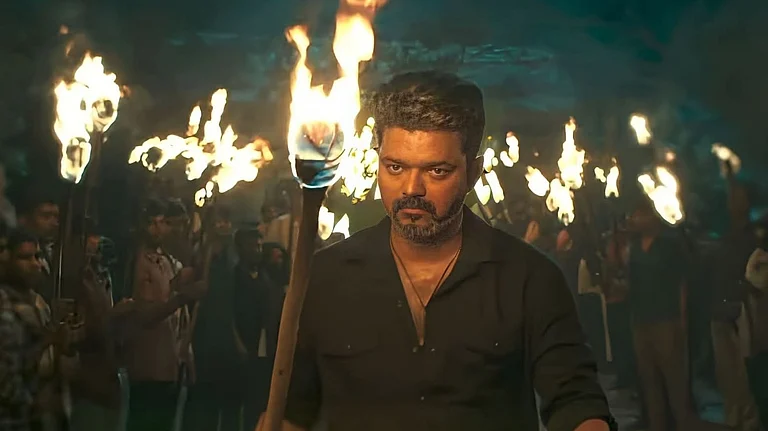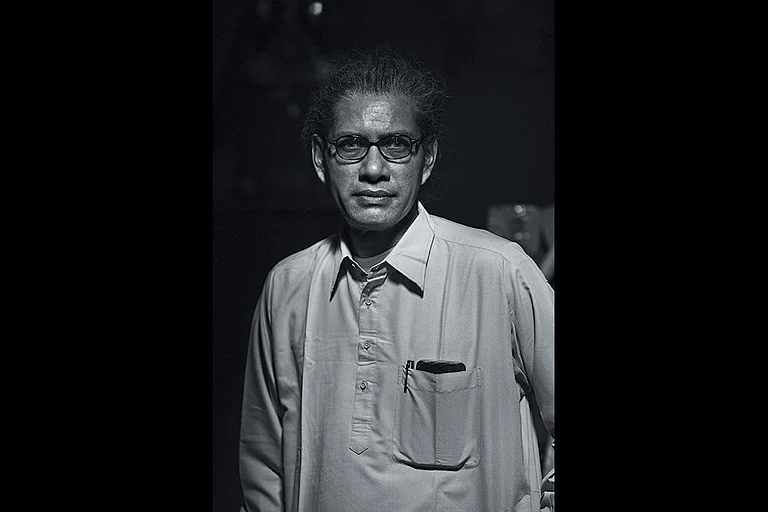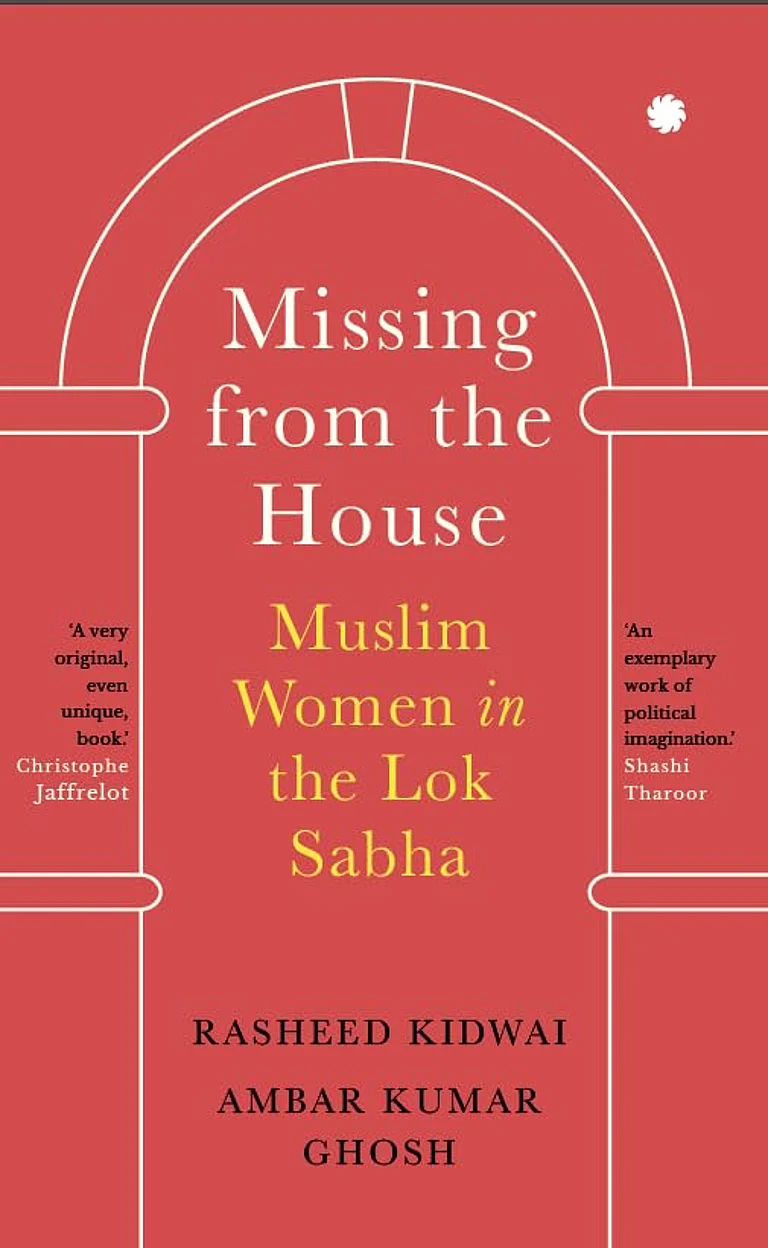After decades of debate and conflicting views, the Supreme Court last week passed a significant judgement allowing divorced Muslim women to seek alimony from their husbands. While the move has been hailed by many, including the ruling BJP—which has often presented itself as the saviour of Muslim women from allegedly restrictive Muslim laws—it is being criticised as a verdict that goes against Muslim personal law and is being challenged by Muslim scholars and organisations. This decision follows the implementation of the Uniform Civil Code (UCC) in Uttarakhand and the criminalisation of triple talaq in 2019.
The apex court upheld, in the case being heard — Mohd Abdul Samad vs The State of Telangana — that the divorced Muslim woman had the right to claim maintenance under Section 125 of the Code of Criminal Procedure (CrPC), 1973. According to the SC bench, the decision was made in light of it being seen as a socially beneficial provision, and added that the right to alimony is not taken away by the Muslim Women (Protection of Rights on Divorce) Act (MWA).
Following the ruling, Bharatiya Janata Party spokesperson Sudhanshu Trivedi at a press conference said the verdict had ended a threat to the Constitution posed by the Muslim Women (Protection of Rights on Divorce) Act, 1986, which was enacted by a past Congress government. Trivedi referred to the Shah Bano case from 1985 when the Indian judiciary allowed Shah Bano, a divorcee to seek maintenance from her former husband, but the decision was later overruled when a law was passed in the Parliament by the then Rajiv Gandhi-led government.
While Trivedi says he hails the verdict for the sake of the Muslim women, Member of All India Muslim Personal Law Board Dr Asma Zehra Tayeba is of the opinion that Muslim women do not need “saving”.
“We do not want emancipators, we do not want people to make an issue of our matters and without consultation with the Muslim women across India,” she said in a video shared on her social media platforms.
“For us Muslims, this is a matter of our identity, this is a matter of religion. This is part of our belief that we follow Muslim Personal Law and we believe that Muslim women have been liberated by the personal laws. We have the dignity not to take any amount from the husbands who have divorced us after the completion of iddat.”
Dr Tayeba also referred to the criminalisation of triple talaq saying mainstream media and the government had portrayed women as being “chained to the sharia law” and in need of someone to free them.
“Talaq is a solution to an unhappy and unsuccessful marriage. If talaq was so cruel, why did the Hindu code bill incorporate divorce in the bill? The framers of the bill felt Muslim women are more empowered because they have the right to remarry after a divorce and divorce rights empowered women which is why it is incorporated in the Hindu code,” she said.
Addressing a crowd in Aligarh before the 2024 Lok Sabha election, Prime Minister Narendra Modi said he enjoyed the support of the Muslim women because he had saved their lives and that of their families by “passing a law against [instant] Triple Talaq”. Interestingly, Modi’s speech in Aligarh had come a day after he delivered a hate speech against Muslims in Banswara, alleging the Congress wanted to take away the people’s wealth and redistribute it amongst those who had “more children” and were “infiltrators”.
The saffron party has in the past been accused by opposition members, analysts, and Muslim organisations of using the "saviour of Muslim women" trope for political gains. Palestinian-American academic and anthropologist Lila Abu-Lughod, in her book "Do Muslim Women Need Saving?", argues that the idea of "saving Muslim women" is often used to support political agendas. This narrative welcomes "good" Muslims (women who need help) into the nation while portraying "bad" Muslims (men who might be seen as threats) as dangers to the country. While the Muslim women are seen as victims and in need of protection from the state, Muslim men are criminalised and portrayed as someone the women need to be rescued from.
The long-standing debate around the Uniform Civil Code (UCC) was reignited ahead of the general elections. The UCC, proposed as a poll promise, aimed to establish a common set of personal laws for all Indian citizens, regardless of religion, gender, or sexual orientation. This proposal faced widespread objections, with many arguing it was an attempt to interfere with Muslim laws on inheritance, marriage, divorce, and polygamy under the guise of promoting gender equality.
In February earlier this year, Uttarakhand became the first state to implement the Uniform Civil Code (UCC). However, the code, which promised gender equality, failed to grant inheritance rights to Adivasi women, who had been hopeful for change under the new law. Under Adivasi customary laws, women do not have ancestral property rights and have long been fighting for them.
In addition to the Uniform Civil Code and Triple Talaq, the BJP had also sparked controversy by targeting other Muslim practices for 'reform,' such as the ban on hijabs in Karnataka’s educational institutions.



























